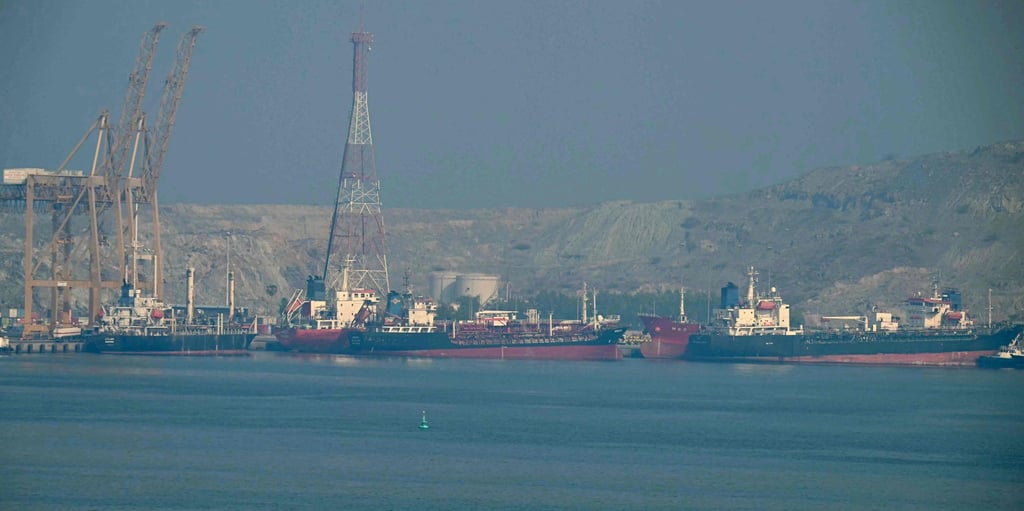The Philippines could suffer a setback in its efforts to counter Beijing’s assertiveness in the South China Sea if the United States shifts its attention from the Indo-Pacific to the Middle East, observers have warned.
Advertisement
Iran on Tuesday retaliated against US strikes on its nuclear facilities by launching at least six missiles at an American base in Qatar, but Doha said the attack had been thwarted. The spectre of a closure of vital shipping artery the Hormuz Strait, meanwhile, also looms over the conflict.
Iran’s Supreme Leader Ayatollah Ali Khamenei has said he will ask Russian President Vladimir Putin for additional support.
Later on Tuesday, US President Donald Trump claimed that Israel and Iran have worked out a “complete and total ceasefire”. But Iran’s foreign minister said there would be no cessation of hostilities unless Israel stopped its attacks while Israel said hours after Trump’s announcement that Iran had launched missiles towards it.
Though the US remains rhetorically committed to the Indo-Pacific as its “priority theatre”, experts caution that it is not immune to strategic overstretch.

“In a worst-case scenario, the US could become increasingly reactive to events in the Levant and Gulf, allowing China to exploit windows of inattention in the South China Sea,” Arnaud Leveau, an assistant professor of geopolitics at the Paris Dauphine University, told This Week in Asia.

